- Lessons learned
- Notion
- bunq
- Stripe
- PayPal
- Cloudflare
- Bitwarden
- Chart Mogul
- Google Workspace
- Hosting
- GitHub
- Lesson
- Lessons
- Lesson learned
- Stack

Setting up the basic infrastructure
 Joda StößerHanover, Germany
Joda StößerHanover, Germany
When starting out, there are a lot of menial tasks that need to get done before the first project can be up and running. We massively underestimate how much time this would take and still haven't finished setting up all of them.
Our first #lessonlearned was how much time it takes to get the basics right. Setting up all the base systems (@PayPal, @stripe, etc.).
— coders.fail (@coders_fail) November 10, 2022
And most of all, finding the right (domain) name, rating system for ideas and actually rating them.
2 days went by before we started coding!
We tried integration the setup in between coding & brainstorming session. Due to a lack of time and interrupting the process often to deal with more important things prolonged the process immensely.
We aimed at finding tools that would come at no cost for us for now & would allow us to grow into their paid versions, as soon as we had recurring revenue.
Notion
Documentation & workflows
Notion is a great tool for notes, documentation, databases, tasks, calendars & just generally organizing the knowledge and processes of a team.
Cloudflare
Domains, infrastructure & analytics
Working with Cloudflare on the regular at our employer, it was a no-brainer to use it to improve our infrastructure or even base service completely on it with its workers.
Especially, since most services are completely free or have a very generous fair-use / free limit.
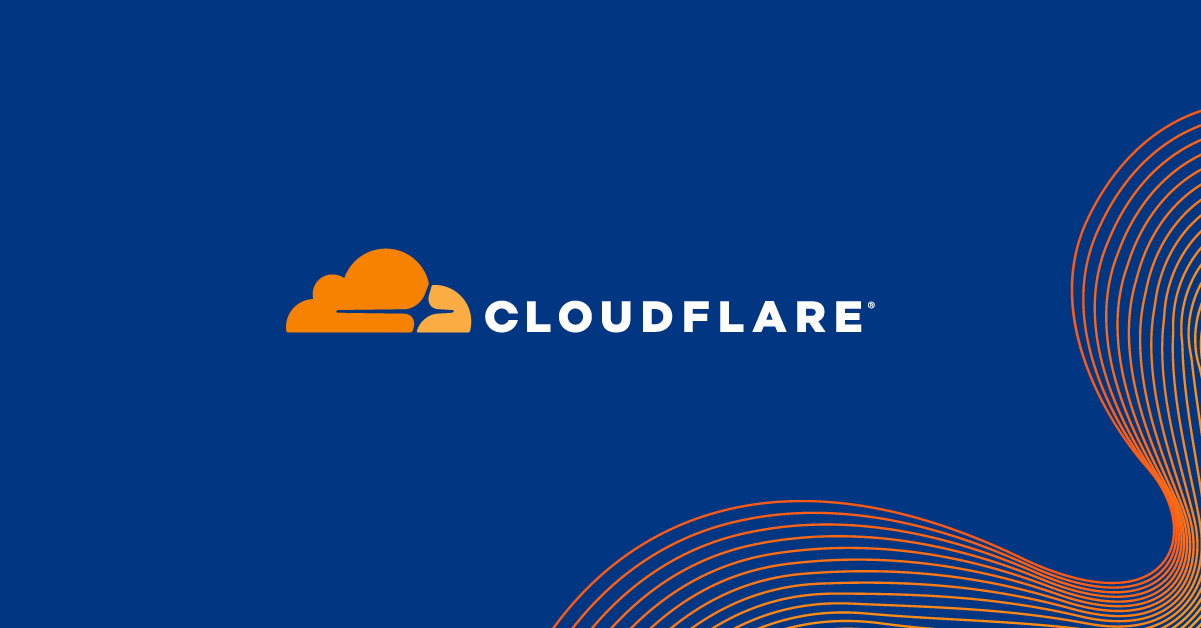
Even providing a registrar service that supports more and more TLDs which charges transparent prices of the main registrar of that domain, we used it to buy most of our domain.
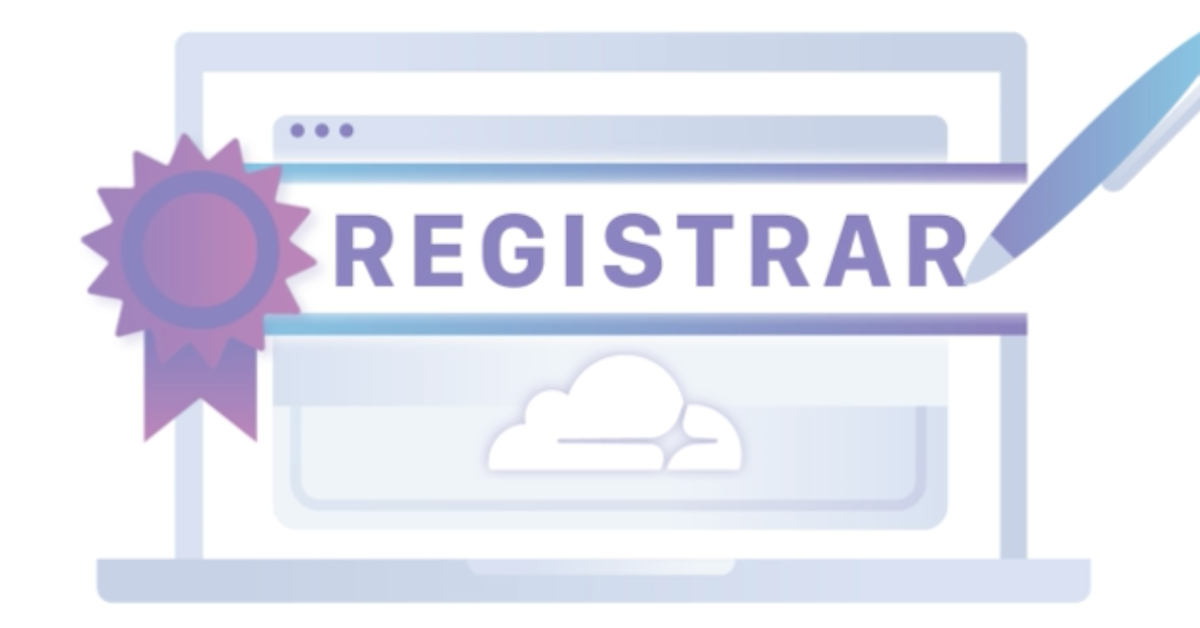
In addition, hosting static pages on Cloudflare Pages is completely free of charge and the limit of 500 CI builds per month won't be reached for a long time.
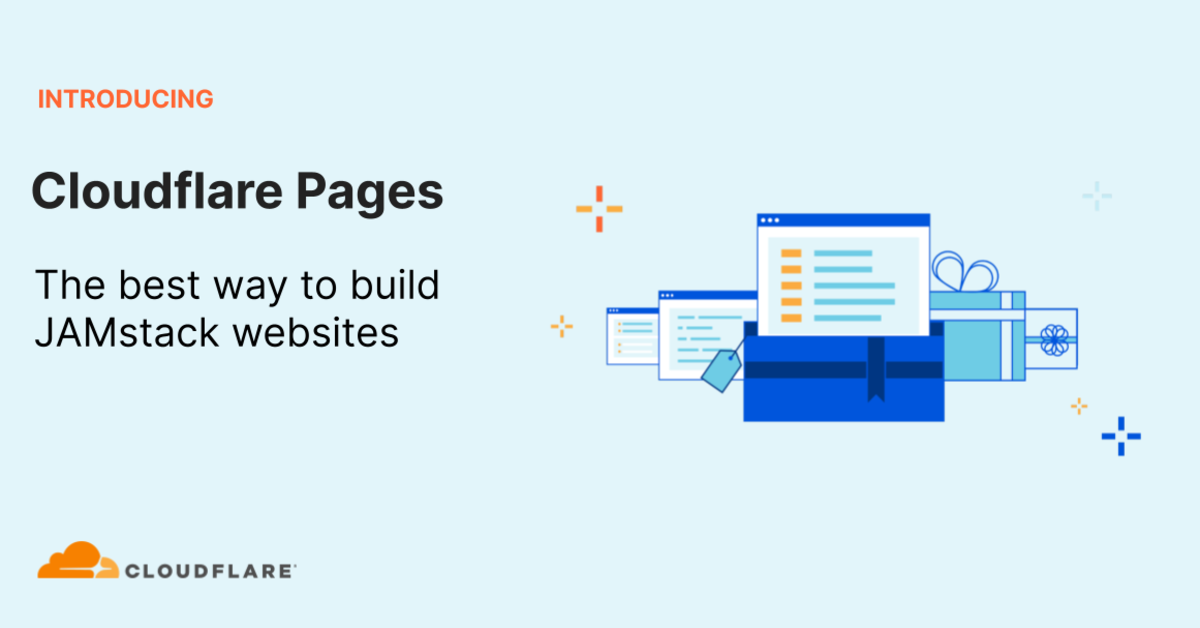
Cloudflare also provides an analytics feature that can be automatically installed through the proxy feature or a JavaScript snippet. Even though we want to tinker with open-source & self-hosted services like Plausible & Fathom, for now we can start out easily for free and with no additional setup effort.

Bitwarden
Shared passwords & MFA/2FA
Bitwarden is an open-source Manager that is free for most use-cases. The free version allows for unlimited personal use & allows for the creation of one organization with 2 members, for sharing & collaborating entries & logins.
Even though the generation of 2FA/MFA codes is a paid feature, the free version allows you to save the base string to enable that feature later or share the string with all members to enter them into their own 2FA/MFA apps.

Google Workspace
Email & data storage
Email is one of those issues you don't want to deal with yourself. Hosting your own email server can be painful, time intensive and quite difficult to get right. We knew from the start this to be a topic we were not supposed to be cheap with.
Google Workspace was an easy choice, as it is cheap, offers a lot of features, integrates well on mobile and is already known to us.
To begin with we didn't need personalized accounts, so we only created on users and added email aliases with our names to it.
Work log & engagement with the community
Twitter is very actively used by the SaaS, bootstrap & #buildinpublic community as well as a lot of developers. We will use it to document our progress & engage with the community.
Stripe
Getting paid & marketplace automations
As one of the biggest payment processors and gateways, we knew we needed an account. Especially, since we were interested in building marketplaces, which is much easier to do with Stripe Connect.
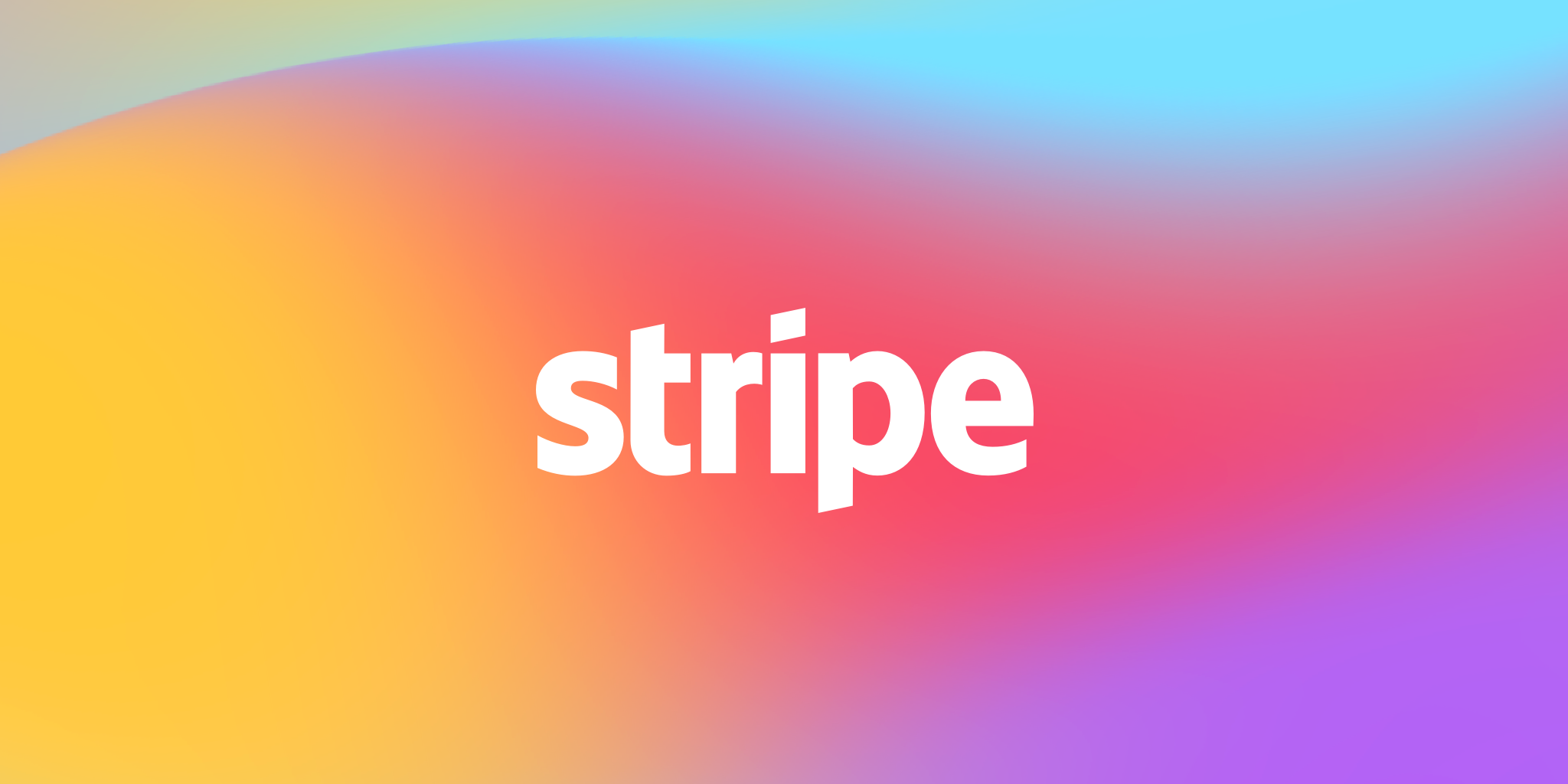
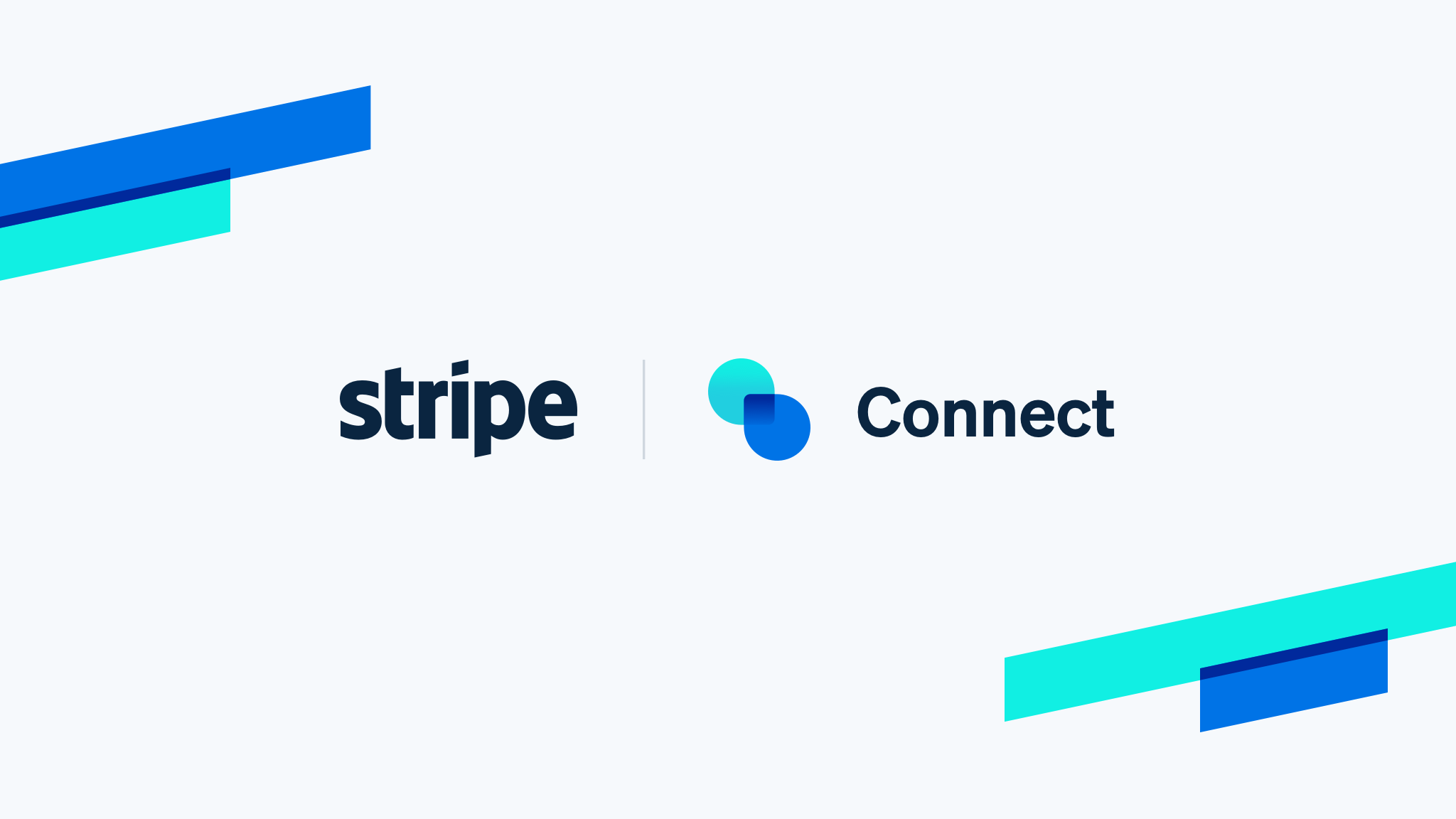
PayPal
Getting paid & paying
PayPal has become a main staple of online payments and cannot be ignored. Not only for receiving payments, but also paying for services needed in our infrastructure.

Servers
Hosting & testing ground
Cloudflare Workers & Pages being great for static content and frontends, we needed a place to host our backends and to play around. A lot of cool services rely on Docker containers.
The big hosters, offer startup credit programs, but we decided to start out with our already available private resources and migrate to a hoster later.
This makes sense especially, as applying to the credit programs is only allowed for new customers, not existing ones, and we wanted to deploy our blog & site first.
Chartmogul
Recurring revenue analytics & public data
To properly #buildinpublic we wanted to display our MRR (Monthly Recurring Revenue) in our Twitter bio as the location, like so many others. The main service used for this is TweetSync in connection with ChartMogul, which can pull in data from Stripe.

GitHub
Code, project management & sponsors
As the biggest service for Git repositories GitHub was the obvious choice. Wanting to use GitHub Actions for our CI in the future, cemented that decision.



Creating an organization is free by now and allows us to keep private repositories, as well as public ones.
The GitHub sponsor program, similar to Patreon or similar services, allows for receiving direct support.
bunq
Banking, account & credit card
bunq is Dutch bank built by developers. It provides great features, like 25 subaccounts & cards as well as local bank account numbers (IBAN) for some European countries as well holding money in different currencies.
It provides a lot of benefits to those who enjoy technology and know what should be possible with it, even in the banking sector.
It provides APIs for automation, etc.
As we were already paying for private accounts & Germany allows freelancers to use their private bank accounts for their work, we started out using it.
Creating a free (limited) business account is easy and we can switch to more features are soon as we deem it sensible to create our own business entity.








